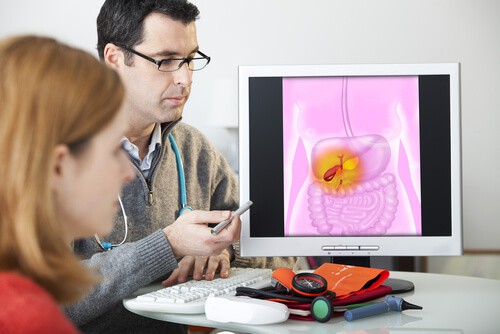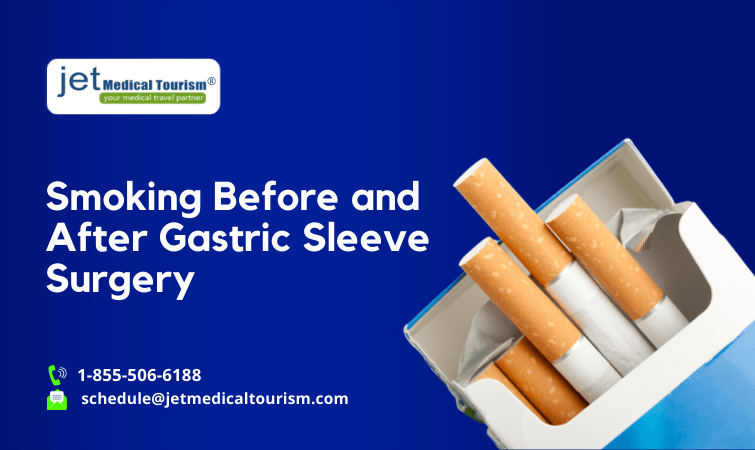Gastric Sleeve and Gallbladder Problems
 Gastric sleeve and gallbladder problems are related to one another in large part because of the link between gallstones, obesity, and rapid weight loss.
Gastric sleeve and gallbladder problems are related to one another in large part because of the link between gallstones, obesity, and rapid weight loss.
A common complication after gastric sleeve surgery is problems with the gallbladder, and most often this comes in the form of gallstones.
Even though gastric sleeve can be a life-altering and potentially life-saving bariatic surgery that can help you lead the life you’ve always wanted, there are health issues that can arise because of the operation.
When you’re considering a bariatric procedure like the gastric sleeve, it’s important to be aware of these possible complications, so today we’re going to talk about gastric sleeve and gallbladder problems.
Gallstones, Obesity, and Other Risk Factors
The gallbladder is a small abdominal organ responsible for storing bile, a substance the liver produces to digest fat in the gastrointestinal tract. Gallstones are small deposits of cholesterol and bile that can form if there are too many fatty deposits in the liver or too much cholesterol in the blood.
Several risk factors can make a person more likely to get gallstones, including:
- Being overweight
- Obesity
- Having high cholesterol
- Rapid weight loss
- Excess fat around the stomach
- Having diabetes
- Eating a high-fat diet
Because of the correlations between obesity, gastric sleeve (which results in rapid weight loss), and gallstones, many people who undergo gastric sleeve are at high risk for gallstones. The most common symptoms include:
- Acute pain in the upper abdomen
- Pain in the shoulder or upper back
- Nausea and vomiting
- Bloating
- Gas
- Indigestion
Other Gastric Sleeve and Gallbladder Problems
Gallstones after gastric sleeve, however, aren’t the only problem that can affect the gallbladder, and inflammation or infections are also possible complications. Cholecystitis is one such problem that some patients will encounter after gastric sleeve; it is gallstone-induced inflammation. Another problem associated with abdominal surgery is acalculous gallbladder disease, which is also inflammation but is not caused by gallstones.
Treatments for Gallstones and Gallbladder Problems After Gastric Sleeve
No treatment is typically necessary for small and asymptomatic gallstones, because the lack of symptoms means the deposits aren’t causing any blockages or further problems. However, if you’re experiencing symptoms from your gallstones or are suffering from other gallbladder problems, the recommended solution may be surgical removal of the gallbladder.
In fact, for patients with a history of gallstones, your surgeon may even suggest removing the gallbladder as a preventative measure and can perform this surgery along with gastric sleeve surgery. Otherwise, there are medications available to prevent gallstones, and your doctor or surgeon may prescribe these in the months following your surgery.
There is a high potential for gallstones and other gallbladder problems following gastric sleeve, in large part because of the link between gallstones, obesity, and rapid weight loss. Lots of people struggling with obesity also have gallstones, and surgery can further increase your risk of developing these deposits.
Fortunately, you can avoid gallstones and other gallbladder-related complications after gastric sleeve surgery, so make sure you consult your doctor or surgeon about these prevention techniques.
Find out if you qualify for the Tijuana Mexico Gastric Sleeve by clicking through to our online application form or contact us today to find out more.
[button link=”https://jetmedicaltourism.com/apply/” type=”big” color=”blue” newwindow=”yes”] See If You Pre-Qualify[/button]
[button link=”https://jetmedicaltourism.com/contact/” type=”big” color=”blue” newwindow=”yes”] Contact Us Today[/button]



